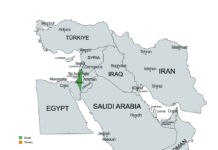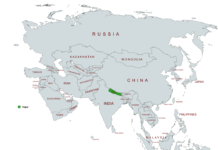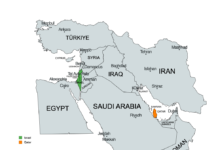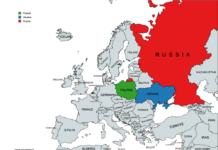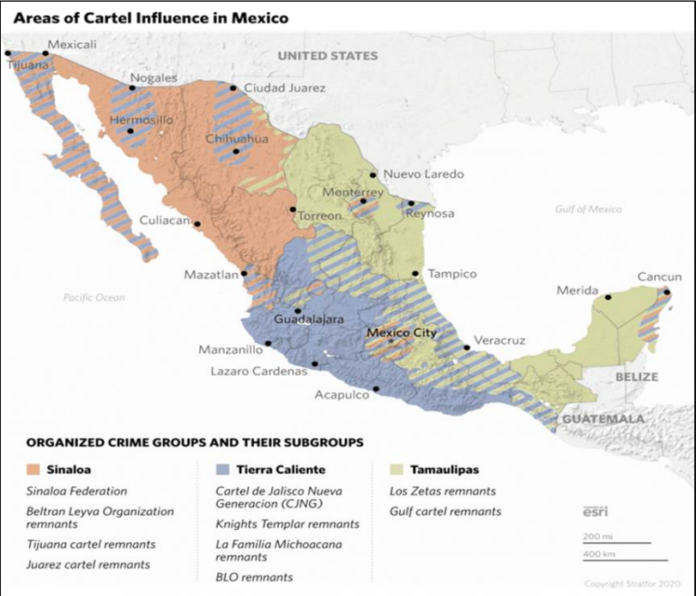
President Donald Trump has instructed the Pentagon to develop potential plans for the use of U.S. military force against drug cartels designated as foreign terrorist organizations. Two U.S. officials confirmed the directive, though they emphasized that any deployment of military assets is not imminent. The specifics of the order, including which operations might be considered, remain unclear.
The move follows Trump’s earlier executive order that formally designated multiple drug cartels — including the Sinaloa Cartel, Tren de Aragua, and MS-13 — as foreign terrorist organizations. According to the administration, this status expands the range of tools available for targeting these groups, which officials describe as being armed and organized in ways similar to militant forces.
Secretary of State Marco Rubio said the designation allows the government to involve intelligence agencies, the Department of Defense, and other resources in operations against the cartels. “We have to start treating them as armed terrorist organizations, not simply drug dealing organizations,” Rubio stated.
Legal experts caution that a foreign terrorist organization (FTO) designation alone does not authorize military action. Brian Finucane, a former State Department attorney-adviser, noted that an additional legal basis — through executive authority or congressional authorization — would be required before the U.S. military could engage in such operations.
Mexico’s President Claudia Sheinbaum rejected any possibility of U.S. troops entering Mexican territory. “The United States is not going to come to Mexico with the military,” she said. “We cooperate, we coordinate, but there will not be an invasion.” She stressed that while the Mexican government had been informed of the order, it did not involve the presence of U.S. military personnel in Mexico.
Reports indicate that the directive provides an “official basis” for possible U.S. operations at sea or on foreign soil targeting these organizations. Any unilateral strikes could spark legal and diplomatic disputes, especially if they result in casualties outside the context of an authorized armed conflict.
This initiative comes amid ongoing U.S.-Mexico cooperation on reducing the flow of drugs and migrants across the border. U.S. officials have recently pointed to a drop in border crossings and a sharp decline in fentanyl seizures as evidence of progress. However, the proposed military option has raised concerns among security analysts about the potential for damaging bilateral relations.
Jack Riley, a former deputy administrator of the Drug Enforcement Administration, supported the concept, describing it as a logical next step in countering cartel influence. He suggested it could improve training, increase funding for operations, and strengthen federal agencies working abroad. Still, Riley acknowledged the likelihood of domestic legal challenges to the president’s authority to act without congressional approval.
Critics warn that unilateral U.S. military action could undermine years of security collaboration and risk escalating tensions with Mexico. Cecilia Farfán-Méndez, an expert on transnational crime, argued that such moves often misdiagnose the complexities of illicit markets and could lead Mexico to reconsider its willingness to cooperate on security matters.
While the Pentagon develops its options, the administration maintains that protecting the homeland from cartel-linked drug trafficking remains a top priority. The White House has not detailed what form any future action might take or whether it would seek congressional support before moving forward.
Image is in the public domain and was created by Stratfor Global Intelligence.
